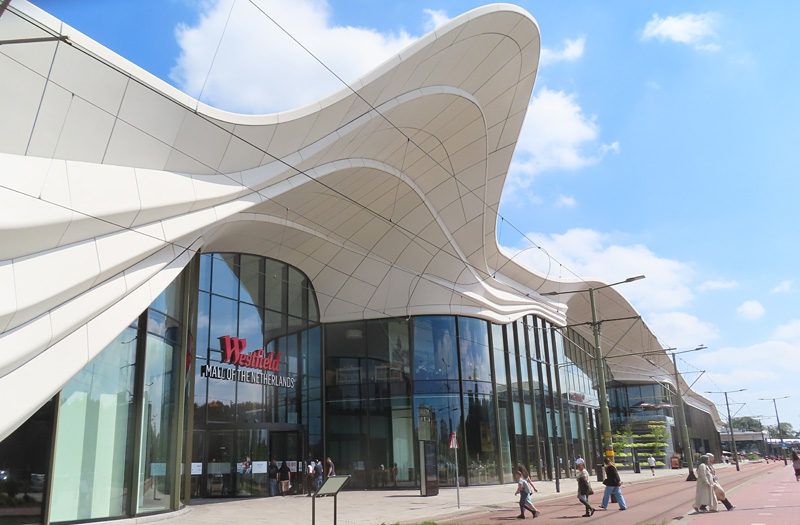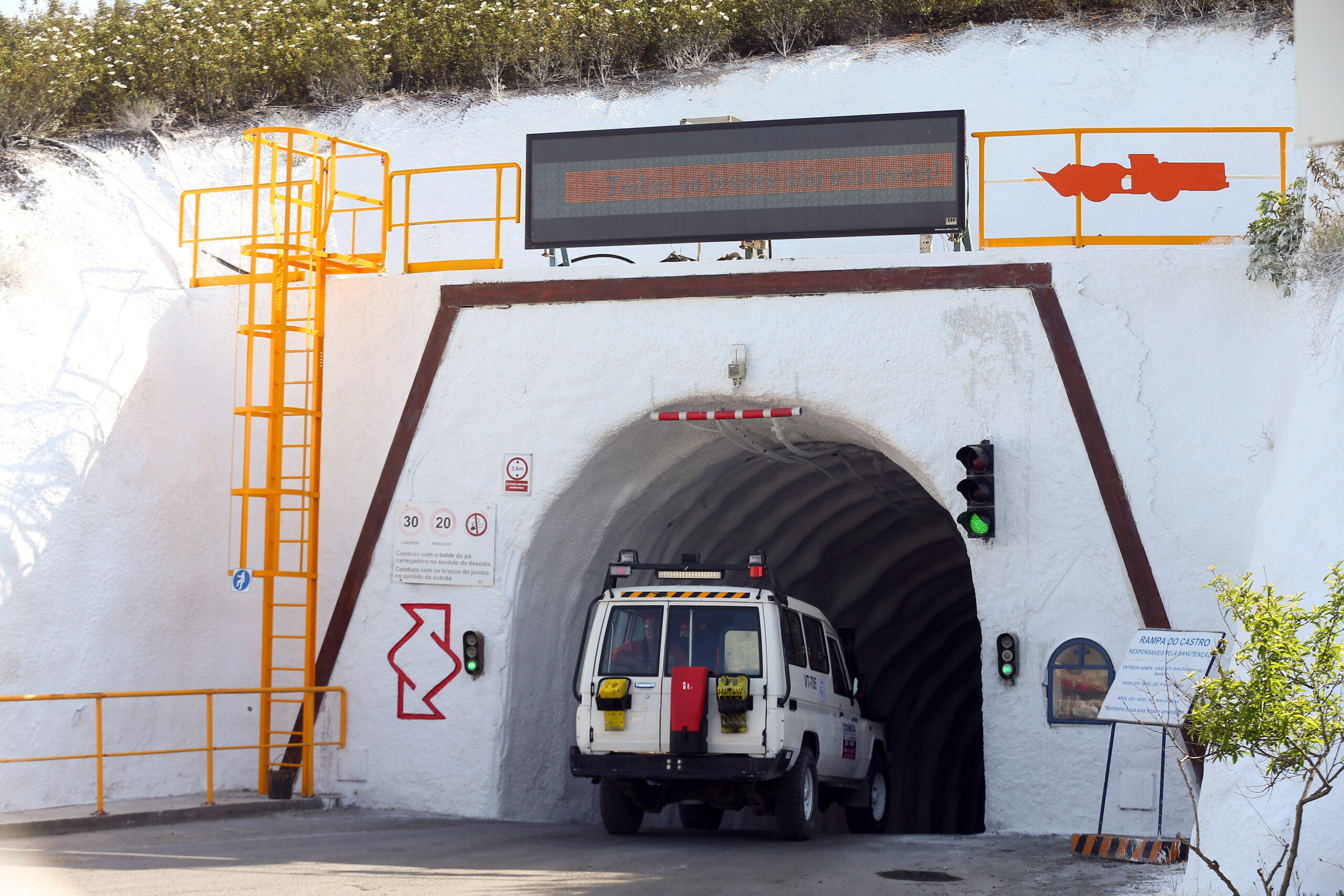Afric Oil, South Africa’s first BEE oil company, is embarking on a strategy to achieve security of supply and growth in the marketplace, as finance director Mangadi Dikotla explains to Gay Sutton.
Launched in 1994, Afric Oil is something of a trail blazer. The first black owned and operated oil company to market and sell refined oil products in the highly competitive and exclusive marketplace of South Africa, it went into operation in 1995 and quickly established a reputation for excellence and a significant brand identity. The vision and financial backing that made all of this possible was provided by Worldwide African Investment Holdings, a black owned and managed investment company that now goes under the name of Pembani Group. Pembani continues to hold a 75 per cent share in the company while the remaining 25 per cent is held by another black owned investment company.
After 16 years in operation, Afric Oil has established a nationwide footprint supplying into all the major cities and a wide range of business and industry sectors. “We essentially trade as agents,” explains financial director Mangadi Dikotla, “marketing and selling various oil products to local and national government, other distributors and end users such as mining, construction, transport, manufacturing and agricultural companies.”
The company deals in a broad range of refined oil products ranging from diesel, petrol and jet fuel, through to paraffin, lubricants and marine products. Currently, these are procured directly from the South African supplier Engen. “Our customers place their order with us and we will place the order with Engen. Then they will either use their own transport companies to collect directly from Engen depots, or customers such as Eskom will require us to deliver on their behalf.”
The majority of deliveries are made by road transport, and the company has developed relationships of trust with a number of logistics service providers to ensure that deliveries are fulfilled reliably and on time.
“One of the major milestones in our company development has been an agreement with Transnet Pipelines to transport 1.5 million litres of mainly diesel per week through the Durban to Johannesburg pipeline.” The agreement provides an efficient and cost effective route for delivering oil from the refineries on the coast to the Transnet storage facility at Tarlton near Krugersdorp, Johannesburg, which Afric Oil rents from Transnet Pipelines. From this facility, the company supplies diesel to customers in the country’s largest city and nearby inland areas.
The global economic recession, of course, has had a major impact on fuel sales, but Afric Oil is experiencing a steady recovery in demand. Perhaps the biggest challenge facing the oil industry and oil users across South Africa today is the shortage of supply due to infrastructure constraints—and this affects everyone. For Afric Oil, the shortages have resulted in some difficult decisions. “Customers collecting fuel from Durban do not have any limitations. However, with regard to our storage facility in Tarlton, we are allocated 1.5 million litres of diesel a week. In some cases we have to restrict the quantity of oil we can supply. But we keep all our customers informed as to the amount of fuel Afric Oil can offer them. They know the problems we are all having and they understand the business,” Dikotla says. “Our aim is to keep all our customers happy, and this is doubly important to us because we plan to expand the business in the future.”
Afric Oil’s strategy for growth includes several initiatives to combat the fuel supply shortage. Firstly, the company is planning to begin importing refined oil products to boost supply, and this may begin as early as 2012. “We have submitted an application to the government for a fuel import licence, and we’re now just waiting for approval,” Dikotla says. The import route for the product has already been decided: fuel will enter South Africa from Mozambique—either by ship to Durban Harbour or by road through Mpumalanga Province. “We are further planning to be cooperative with Transnet, other storage leasing companies like Vopak and of course the other oil companies to address the infrastructure constraints.”
Already a few strides have been made with Transnet completing the New Multi-Product Pipeline, which transports fuel products from Durban to Johannesburg. The next step is to ensure that the storage in Durban and inland, together with related port facilities, can handle large volumes of product. The reality is that South Africa will be required to import large volumes of product for the next five years to meet demand.
“Due to the historical structural nature of the oil and gas industry, all this means that government, oil companies and all stakeholders will have to cooperate and we hoping to be a catalyst in driving the cooperation,” Dikotla says.
Meanwhile, although the company has always had an excellent working relationship with its supplier Engen, a one time major shareholder, restricting the business to one supplier is seen as something of a risk in terms of security of supply and cost effectiveness. It’s a risk the company is currently looking to address. The search is therefore on to diversify the supply-base and develop a mechanism for lowering costs for the customer. “We believe we can achieve this. And we’re looking to work with other major oil suppliers, so we’re currently approaching companies such as Total and Sasol,” Dikotla continues.
“Once we’ve done this, we then plan to begin exporting our products to some of our African neighbours,” she says. From the timeline perspective, the plan is to diversify into the export business in one to two years, and to begin with two countries with whom the logistics links are good. “We’re currently looking at the cost effectiveness of exporting to Botswana and Zimbabwe initially. After that we shall be looking further afield.”
Once the supply issues have been addressed and the export business set up, the company will be in a much stronger position to begin expanding its customer base in South Africa, and that will be the next step in the expansion strategy. However, significant investments and operational changes will need to take place in the business in preparation for such expansion. And making those changes is likely to be a major undertaking.
“Many of the major end users that we would like to attract are looking for suppliers who have their own storage facilities and their own reliable transport fleet, and are able to provide fuel management systems. And that’s a real challenge for us,” Dikotla explains. “Many of our major competitors are multinational companies and we’re still a small company. But once we’ve closed all the loopholes in the supply we will begin exploring such things.”
The company is already looking to forge relationships with companies like Vopak, the global leader in fuels storage facilities, and will be re-evaluating its logistics capabilities and the viability of sourcing a suitable fuel management system.
Undoubtedly Afric Oil has led the way in South Africa, not only as the country’s first BEE (Black Economic Empowerment) oil company, but also in achieving a BEE rating at level three earlier this year. “We are only a small company,” Dikotla concludes, “and for us this is an achievement, because it looks at the ownership of the company, business development, skills development, procurement and so on. It means we have been able to invest in our staff and suppliers including customers.”
In addition to Black Economic Empowerment, a firm emphasis is also placed on gender empowerment at Afric Oil, with women broadly taking charge of day-to-day operations—a principle that is very important to the company as it moves forward.
By investing in progress in such a way, as the company transitions from a small to medium sized enterprise, the benefit is likely to be felt by a much wider community. www.africoil.co.za
DOWNLOAD
 EMEA-Dec11-Afric.Oil-Bro-s_0.pdf
EMEA-Dec11-Afric.Oil-Bro-s_0.pdf













